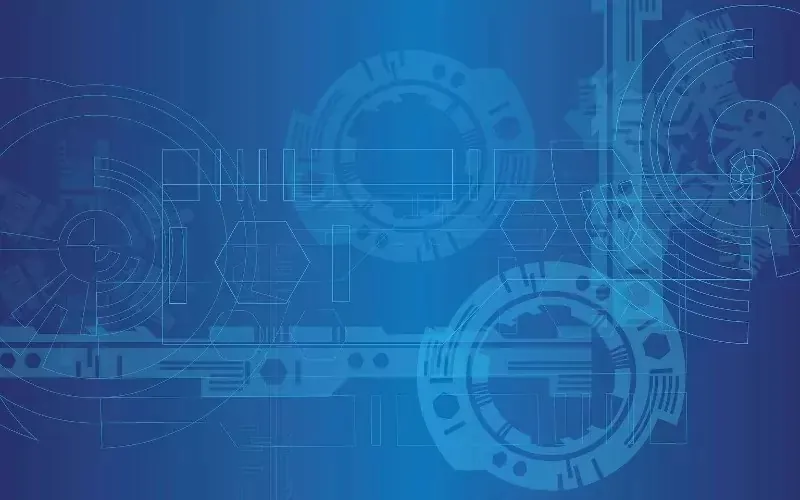Virtual reality is set to transform player rehabilitation and talent scouting within the Premier League.
Through the innovative efforts of Manchester start-up Mi-Hiepa Scout, clubs are poised to harness VR capabilities to enhance both player recovery and the objective assessment of new talents.
Mi-Hiepa Scout, a collaboration between developers Mi and sports data company Hiepa, stands at the forefront of integrating VR in sports.
The firm has collaborated with Premier League clubs and experts, including physiotherapists and sports scientists, to create sophisticated technology capable of tracking player movements in 3D.
Central to the Mi-Hiepa Scout technology is its proprietary limb tracking system which analyses foot and shin movements independently in a three-dimensional space.
This advanced system allows clubs to objectively compare players under consistent conditions, ensuring fair assessments.
The virtual environment created by Mi-Hiepa Scout allows clubs to conduct 30-minute tests, gathering valuable data on a player’s ability and performance.
With the capacity to test up to 1,000 players weekly, clubs can efficiently filter and focus on promising talent.
Adam Dickinson, director of production and development, emphasises the utility of VR in providing “objective, sterile environments” for talent comparison.
Such environments not only foster equality among aspiring players but also aid in discovering exceptional talent with unbiased metrics.
Player engagement post-injury is a recurrent challenge for clubs, one that VR technology eagerly addresses.
By immersing injured players in interactive drills, Mi-Hiepa Scout maintains mental and physical involvement throughout recovery phases.
The result is not only maximised engagement but also crucial data collection for players, coaches, and analysts.
Mi-Hiepa Scout plans a robust deployment of its VR technology throughout the current season.
Continuous innovation within VR sports technology promises to reshape rehabilitation and scouting methods.
As VR technology becomes more entrenched in football, its potential to revolutionise traditional training and scouting methods grows.
The promising results seen already lay the groundwork for broader adoption across international leagues and teams.
VR’s integration signifies a step forward, marrying technology with athletics in unprecedented ways.
In summary, the incorporation of VR by Mi-Hiepa Scout heralds a new era in Premier League player management and development.
This technological advancement promises to elevate not only individual player experiences but also the overall calibre of play within the league.
The innovative application of virtual reality by Mi-Hiepa Scout marks a pivotal moment for modern football.
As clubs embrace this technology, the results are expected to be transformative, enhancing player recovery and scouting efficiency.


